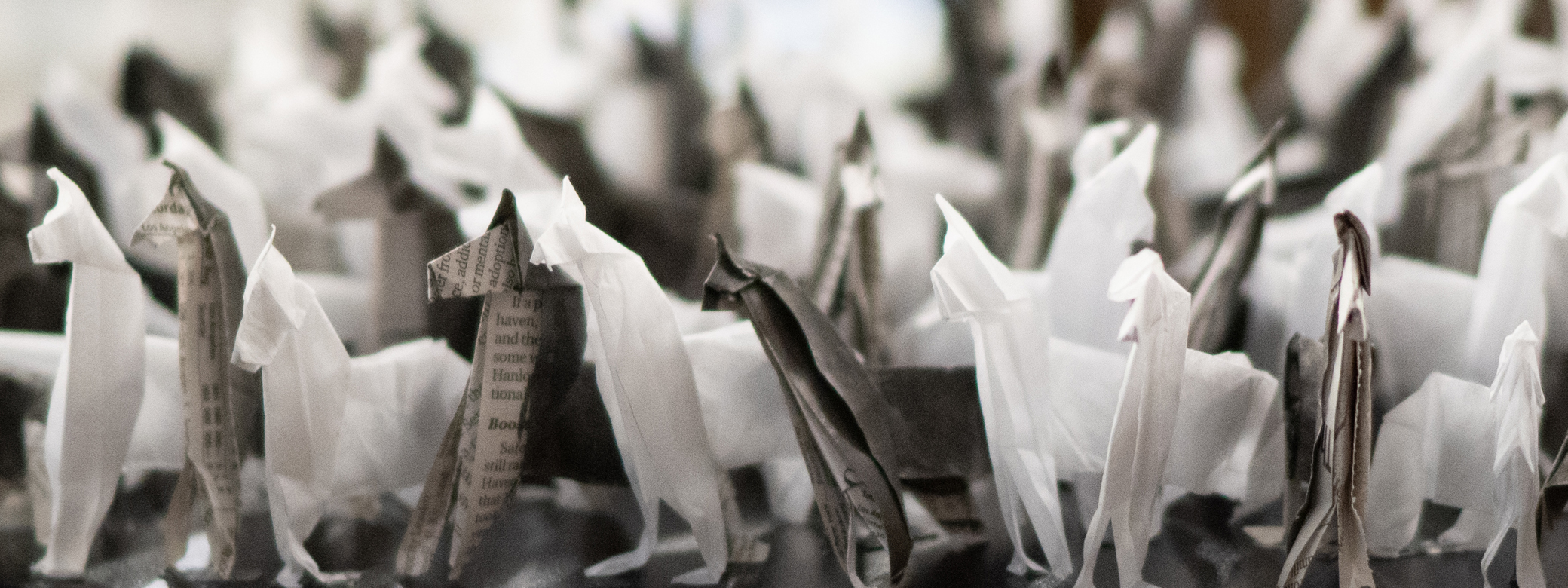The School of Art + Art History + Design has a variety of ways to understand the relationship between visual creation and human diversity. These include offering courses on global art histories and diverse modalities of making; hosting visiting lecturers; curating exhibitions and programming in the Jacob Lawrence Gallery; and providing support through a Diversity, Equity, Inclusion, and Accessibility Committee. We are committed to working toward creating spaces and a community that is just, equitable, inclusive, and accessible for those who have been marginalized within art, art history, and design.
DEI+A Committee
The DEI+A Committee helps develop tools and policies so the School can better serve its diverse students, staff, faculty, and supporting community. The committee serves two primary functions. First, it provides information to people connected with the School about how to access campus support and resources. Second, it supports the School’s Divisions, especially in the hiring process.
The committee makeup includes a faculty representative from each of the three divisions, members of the School’s staff, and on occasion, undergraduate and/or graduate student representatives. The process for selecting student representatives varies per year; students interested in serving on the committee should contact the committee chair(s).
2024–25 Committee Members:
- Andrew Fallat, Full-Time Lecturer, 3D4M (co-chair)
- Chad Hall, Assistant Professor, Visual Communication Design (co-chair)
- Jennifer Baez, Assistant Professor, Art History (assisting in faculty searches)
- Christina Murray, Senior Academic Advisor
- Kuldeep Singh, Full-Time Lecturer, Painting + Drawing
- Marek Wieczorek, Associate Professor, Art History
Recent activities of the DEI+A committee:
- Developing and implementing a Voicing a Concern process that guides faculty, students, and staff on how to voice concerns regarding diversity, equity, inclusion and accessibility, or any other issues. Instructors are required to include this resource on their syllabi and announce it at the start of the quarter.
- Supporting the hiring and onboarding of a diverse group of faculty through candidate interviews and working with search committees and divisions during the search process.
- Developing briefings and trainings for use within the School on topics including pronoun usage, supporting students with disability accommodations, and handling student concerns.
Land Acknowledgement
The University of Washington acknowledges the Coast Salish People of this land, the land which touches the shared waters of all tribes and bands within the Suquamish, Tulalip, and Muckleshoot nations.
